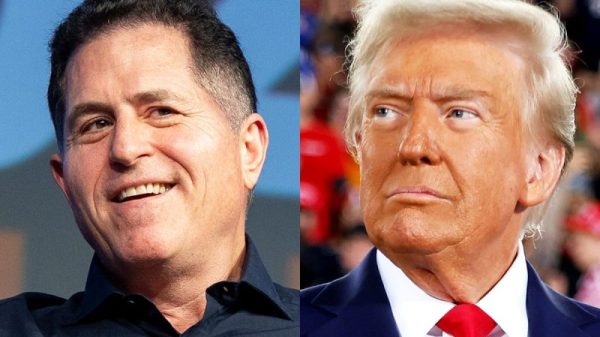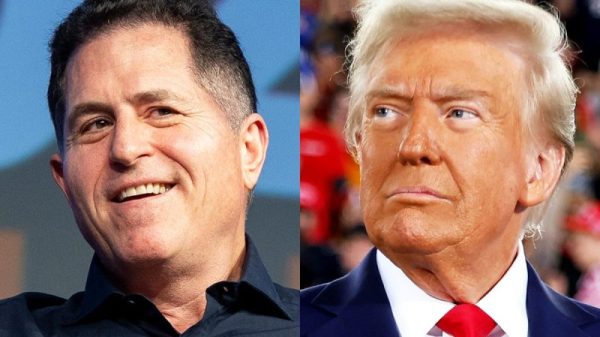
To a Republican tuning in to NBC News’s “Meet the Press� on Sunday, what Sen. Lindsey Graham (R-S.C.) was proposing no doubt made perfect sense: Instead of allocating some electoral college votes by congressional district, he argued, Nebraska should give all of the state’s electors to the person who wins the state.
Who, in practice, would be the Republican nominee, Donald Trump.
“It is a very close election,� Graham noted. He compared the change he was advocating to the way in which the Democratic Party’s nominee shifted in July, suggesting that this proposed change would “be through a democratic process� — passage of a law in the legislature.
“The entire federal delegation of Nebraska, House members and two senators, want this changed,� Graham continued. “To my friends in Nebraska� — and to any Republicans watching, certainly — “that one electoral vote could be the difference between Harris being president or not, and she’s a disaster for Nebraska and for the world.�
For non-Republicans watching, though, the effect was probably a bit different. The GOP is already advantaged by the electoral college, as the results of the 2000 and 2016 elections suggest. Changing this particular rule, one that’s in effect in Maine as well, would effectively hand Trump another electoral vote without his having to gain a single additional popular vote.
It was revealing that Graham attempted to frame the switch in the rules as democratic in a way that he argued President Joe Biden’s withdrawal from the race wasn’t. Beginning by contextualizing the move as being comparatively reflective of democratic ideals is a tacit acknowledgment that such context is politically useful. Graham’s ultimate point — this will help us win — makes that very obvious. (We probably don’t need to mention that a Republican legislative majority voting to give Republicans an advantage in electing the president is not more democratic than a political party changing its nominee in a way that the party’s base supports.)
As it stands today, with one of Nebraska’s electoral votes likely (but not guaranteed) to go to Harris, there are 71 scenarios in which Harris is elected president, assuming that every state except Arizona, Georgia, Michigan, Nevada, North Carolina, Pennsylvania and Wisconsin necessarily votes the way it did in 2020. In three scenarios, Harris and Trump tie, sending the election to the House (where Trump probably would be handed the presidency, regardless of the national vote total).
If the final results match The Washington Post’s current polling averages in each of those seven states (which they almost certainly won’t), Harris would win the presidency (even giving North Carolina, which is a tie, to Trump).
With a change to the rules in Nebraska, the possible outcomes would shift slightly against the Democrat. There would be 70 scenarios in which Harris wins and only one possibility of a tie. The current polling averages would still indicate a Harris victory, but by one fewer electoral vote than she would otherwise have had.
(If Maine were able to match Nebraska’s rule shift, which is unclear, the results would mirror the first chart above, reflecting how things stand at the moment. One to Trump from Nebraska plus one to Harris from Maine equals zero change.)
What Graham is arguing, very explicitly, is that adding three scenarios in which Harris loses is worth changing Nebraska’s rules. It’s also worth noting, though, that Republicans are already in a stronger electoral college position relative to 2020 simply by virtue of the redistribution of electors that followed that year’s census.
If states offered the same number of electors that they did four years ago, there would be only 48 scenarios under which Harris would lose the electoral college — assuming the same wins and the same swing states. Thanks to the continued shift of America’s population from the Northeast to the South and Southwest, a number of blue states gave up electors to red ones. That shift is already improving Trump’s position.
Graham and other Republicans hope to shift the electoral college even further to their party’s advantage, arguing that this is simply a reflection of democracy at work.
Thanks to the electoral college and thanks to such a change in Nebraska, Harris and Trump battling to the exact same popular vote totals in every state as the major-party candidates saw in 2020 would mean a net shift of eight electoral votes to the GOP. The number of scenarios in which the Democrat would lose would jump from 48 (of 128) to 57.
All without the popular vote changing at all.

































